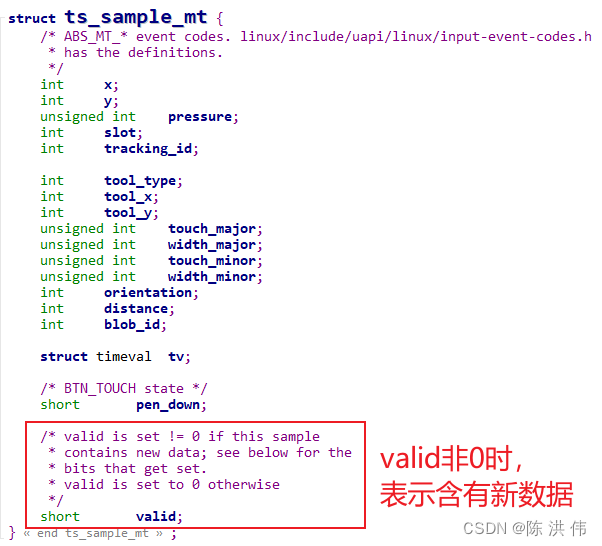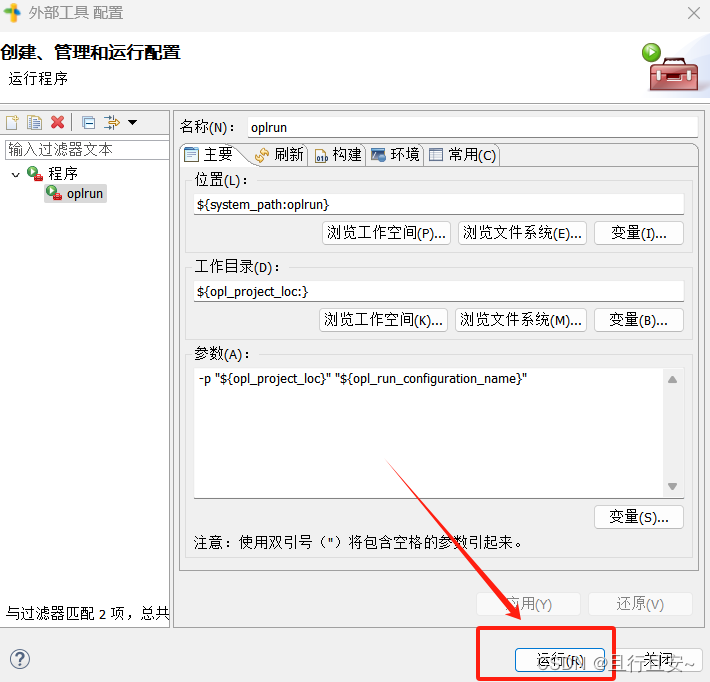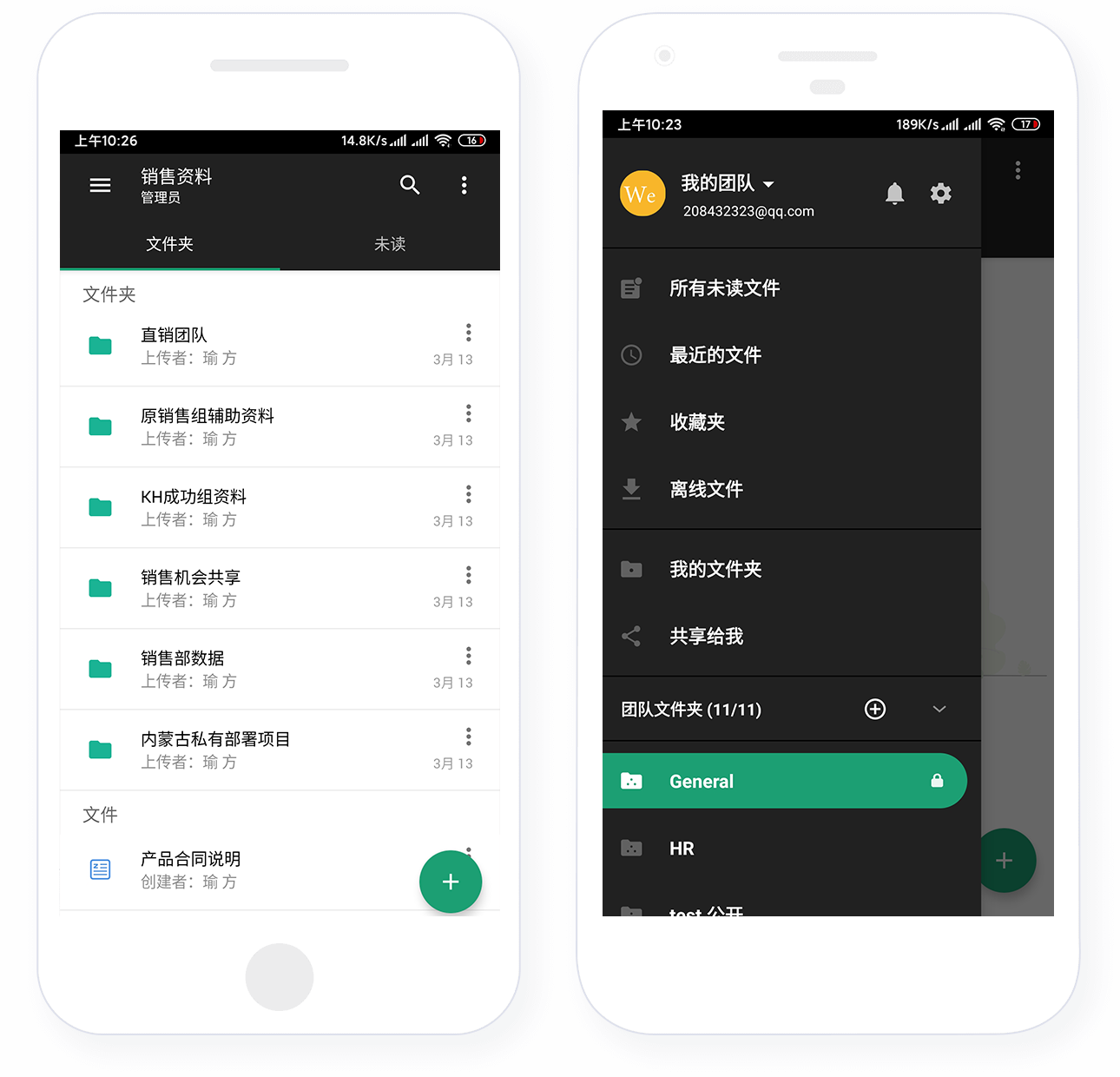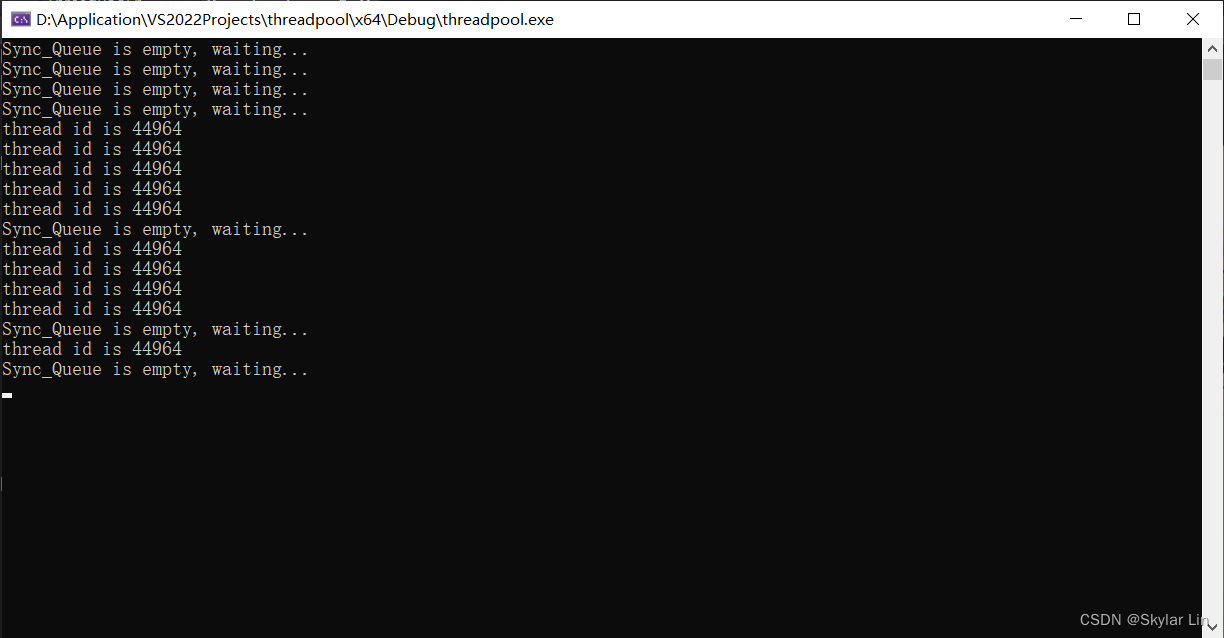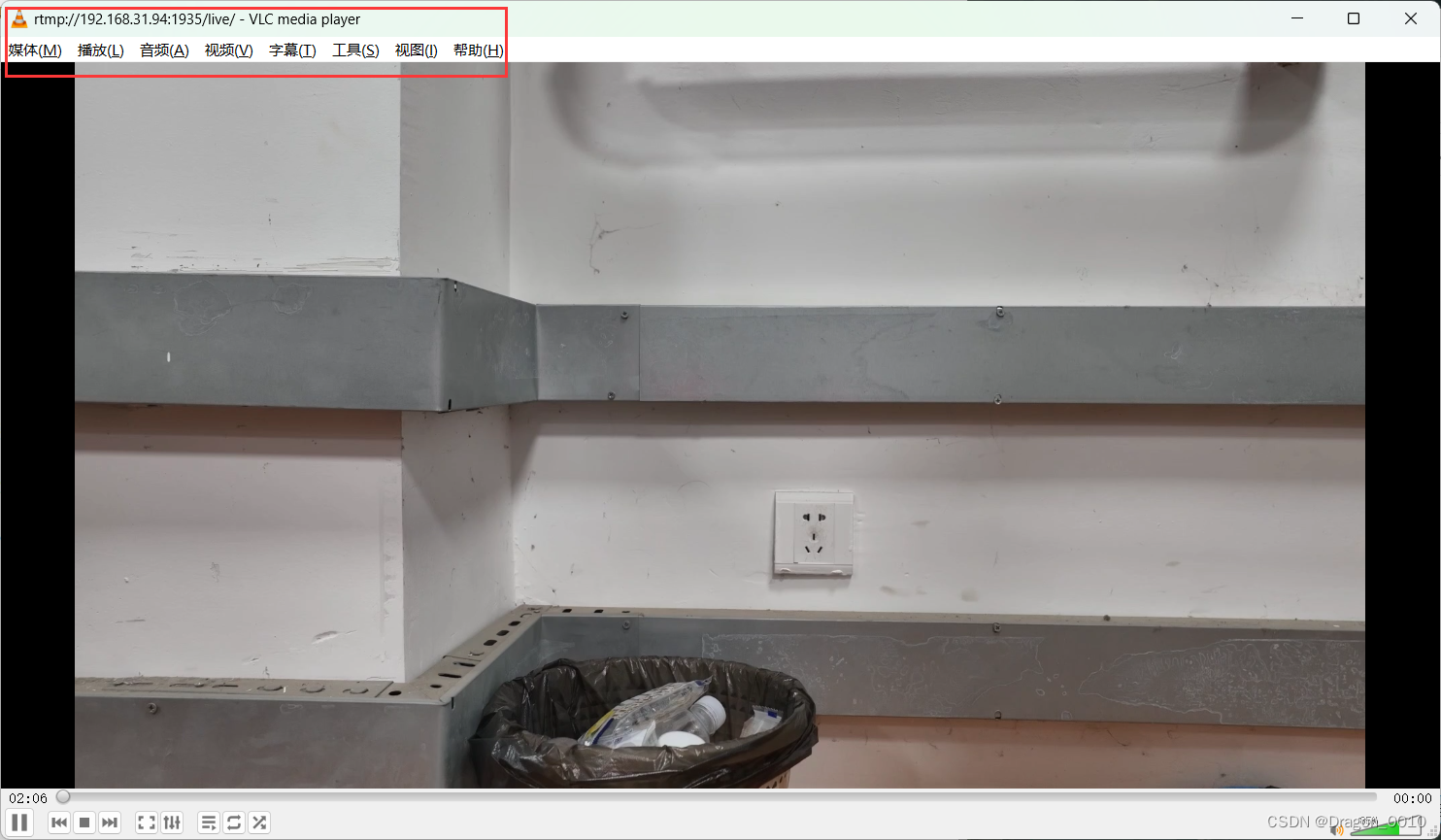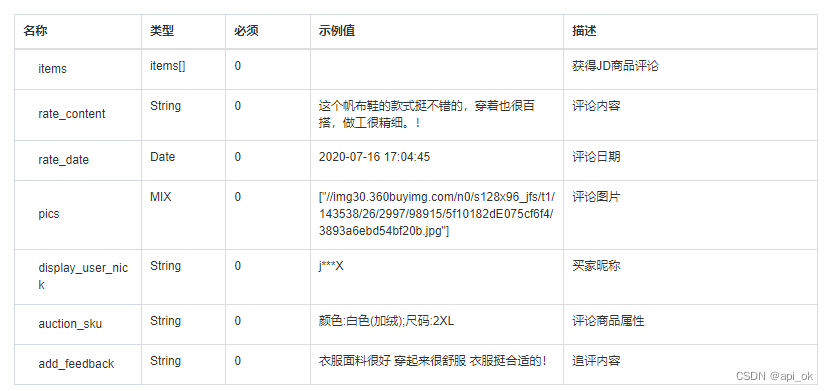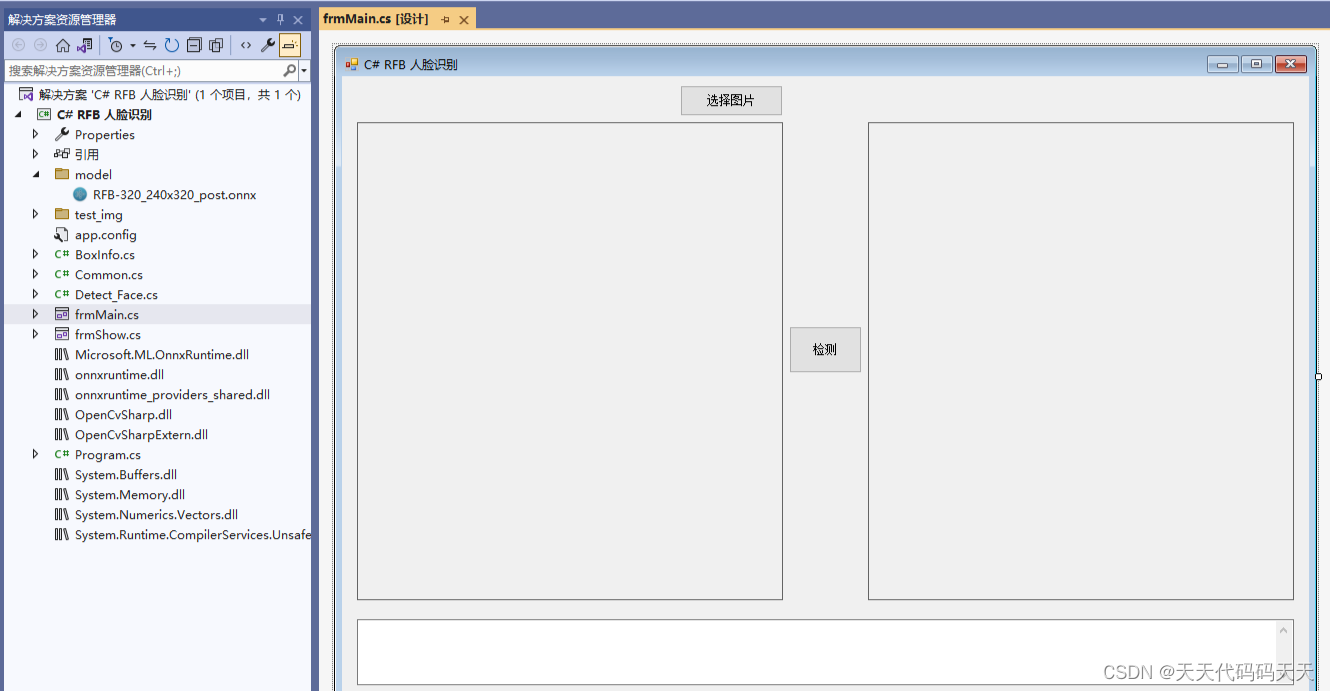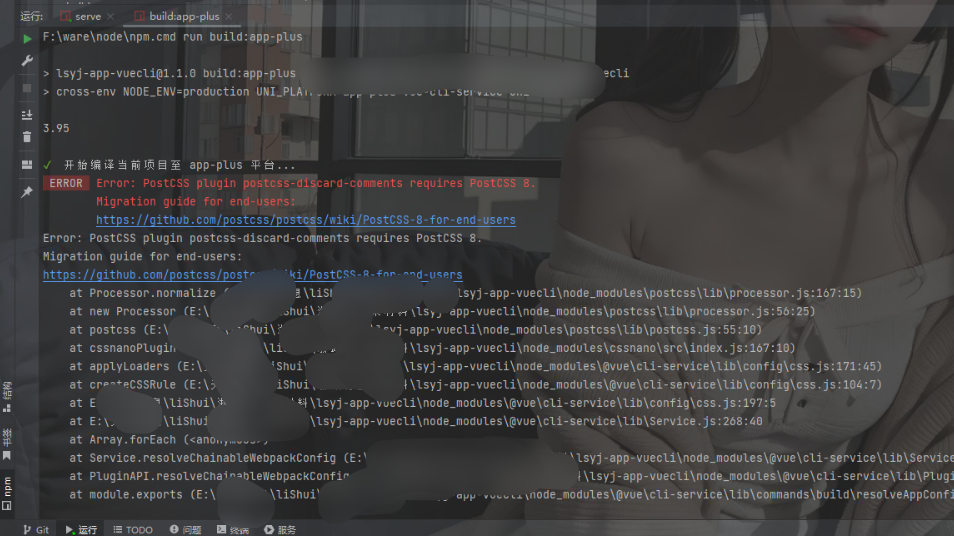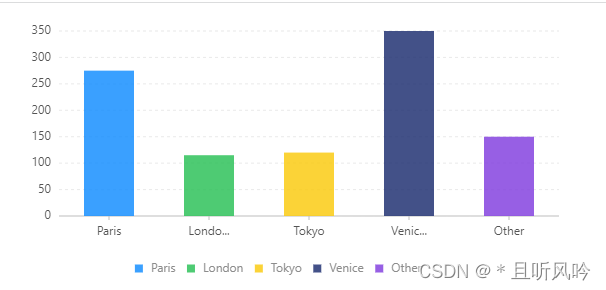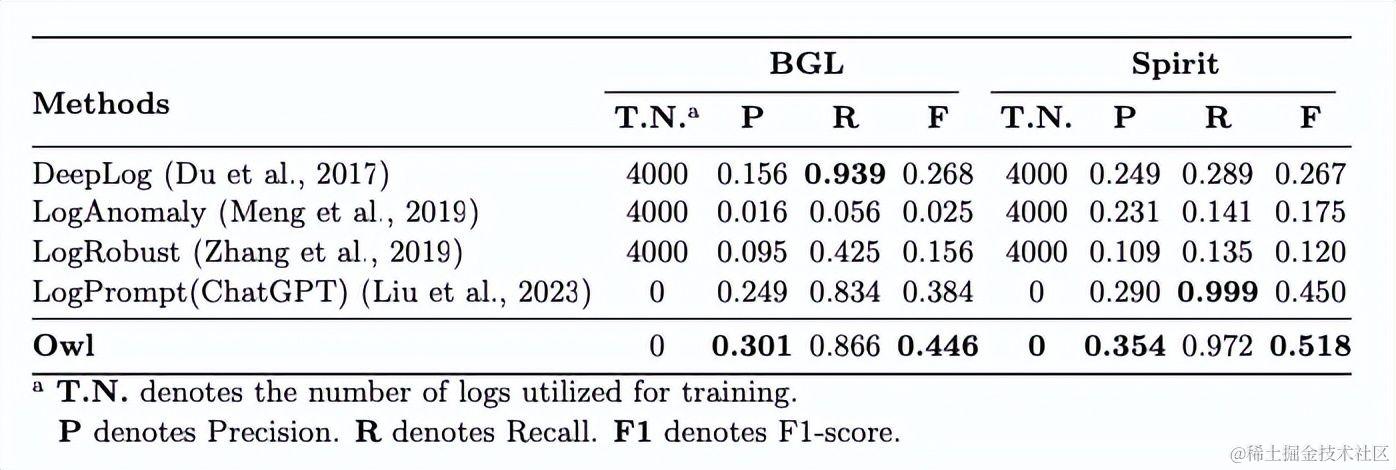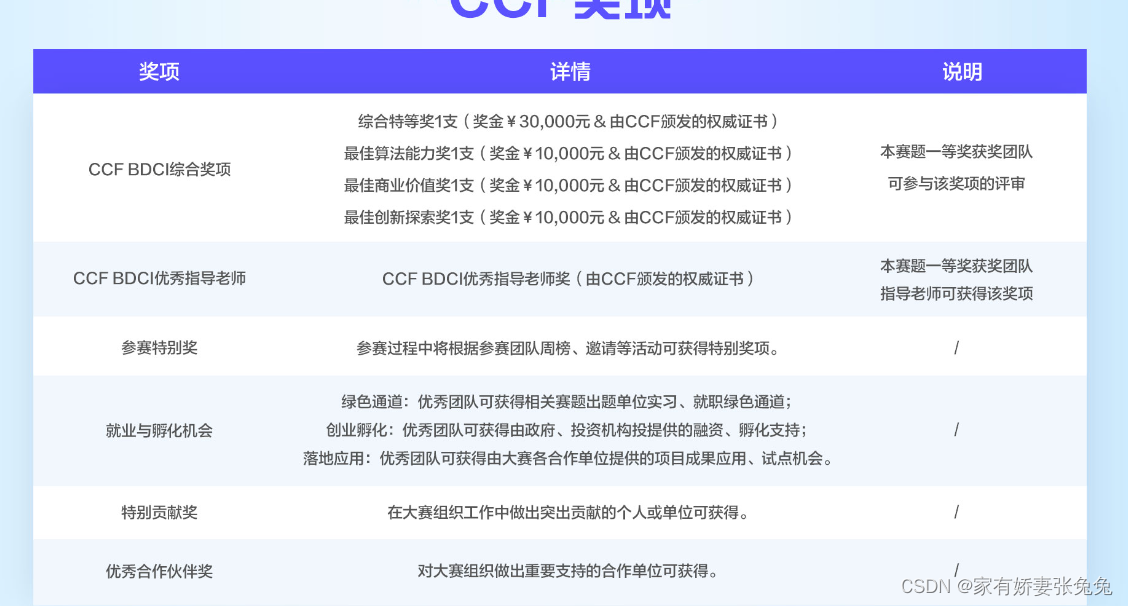1 操作BLOB类型字段
1.1 MySQL BLOB类型
-
MySQL中,BLOB是一个二进制大型对象,是一个可以存储大量数据的容器,它能容纳不同大小的数据。
-
插入BLOB类型的数据必须使用PreparedStatement,因为BLOB类型的数据无法使用字符串拼接写的。
-
MySQL的四种BLOB类型(除了在存储的最大信息量上不同外,他们是等同的)
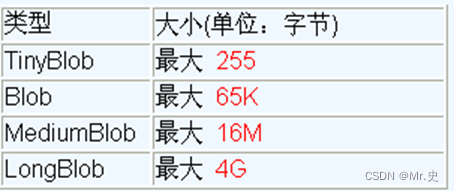
- 实际使用中根据需要存入的数据大小定义不同的BLOB类型。
- 需要注意的是:如果存储的文件过大,数据库的性能会下降。
- 如果在指定了相关的Blob类型以后,还报错:xxx too large,那么在mysql的安装目录下,找my.ini文件加上如下的配置参数: max_allowed_packet=16M。同时注意:修改了my.ini文件之后,需要重新启动mysql服务。
1.2 向数据表中插入大数据类型
//获取连接
Connection conn = JDBCUtils.getConnection();
String sql = "insert into customers(name,email,birth,photo)values(?,?,?,?)";
PreparedStatement ps = conn.prepareStatement(sql);
// 填充占位符
ps.setString(1, "徐海强");
ps.setString(2, "xhq@126.com");
ps.setDate(3, new Date(new java.util.Date().getTime()));
// 操作Blob类型的变量
FileInputStream fis = new FileInputStream("xhq.png");
ps.setBlob(4, fis);
//执行
ps.execute();
fis.close();
JDBCUtils.closeResource(conn, ps);
1.3 修改数据表中的Blob类型字段
Connection conn = JDBCUtils.getConnection();
String sql = "update customers set photo = ? where id = ?";
PreparedStatement ps = conn.prepareStatement(sql);
// 填充占位符
// 操作Blob类型的变量
FileInputStream fis = new FileInputStream("coffee.png");
ps.setBlob(1, fis);
ps.setInt(2, 25);
ps.execute();
fis.close();
JDBCUtils.closeResource(conn, ps);
1.4 从数据表中读取大数据类型
String sql = "SELECT id, name, email, birth, photo FROM customer WHERE id = ?";
conn = getConnection();
ps = conn.prepareStatement(sql);
ps.setInt(1, 8);
rs = ps.executeQuery();
if(rs.next()){
Integer id = rs.getInt(1);
String name = rs.getString(2);
String email = rs.getString(3);
Date birth = rs.getDate(4);
Customer cust = new Customer(id, name, email, birth);
System.out.println(cust);
//读取Blob类型的字段
Blob photo = rs.getBlob(5);
InputStream is = photo.getBinaryStream();
OutputStream os = new FileOutputStream("c.jpg");
byte [] buffer = new byte[1024];
int len = 0;
while((len = is.read(buffer)) != -1){
os.write(buffer, 0, len);
}
JDBCUtils.closeResource(conn, ps, rs);
if(is != null){
is.close();
}
if(os != null){
os.close();
}
}
注:文章学习出自尚硅谷。

